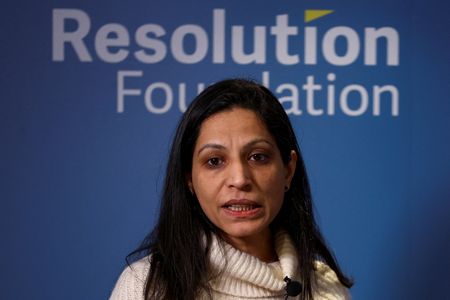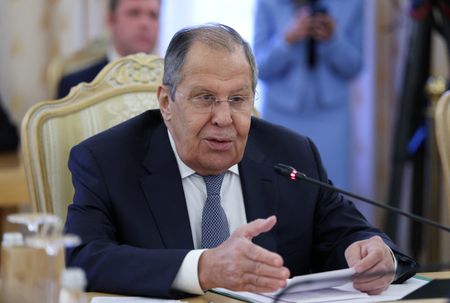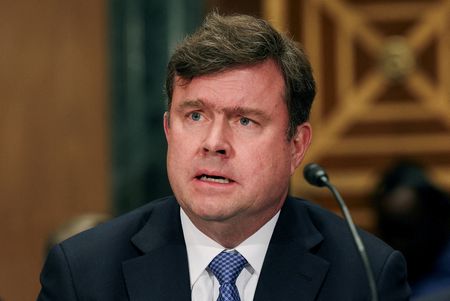By David Milliken
LONDON (Reuters) -Bank of England policymakers do not have a consensus about how fast the central bank should cut interest rates, even though they all agreed to use the word “gradual”, Monetary Policy Committee member Swati Dhingra said on Monday.
“I know ‘gradual’ has been interpreted in the media as 25 basis points per quarter. That’s not actually what the committee has said,” she said in a speech at Birkbeck, which is part of the University of London.
“I think everybody has a different definition. That’s not my definition, clearly,” she added.
Cutting interest rates by a quarter of a percentage point each quarter for the remainder of 2025 would still leave monetary policy in an undesirable restrictive position at the end of the year, she said.
Dhingra was one of two MPC members to vote for a half-percentage-point rate cut on February 6, while the majority voted to lower the policy rate by a quarter of a percentage point to 4.5%.
The BoE cut interest rates by a quarter of a percentage point in August and November 2024 as well as earlier this month.
Dhingra said a key difference among MPC members was how much of Britain’s weak economic growth reflected low demand that could be boosted by rate cuts, rather than a lack of supply capacity which would point to latent inflation pressures.
“That’s where the real … disagreements are,” she said. “From my point of view, I think a lot of it is actually demand, that demand is generally weak.”
Consumer spending had not recovered to pre-pandemic levels – unlike in the U.S. or the euro zone – whereas savings rates in Britain remained high, possibly in part due to households’ concerns about a falling number of job vacancies.
“That consumption weakness is just not going away … and I think that’s the reason that I have been much more on the side of wanting to reduce the level of (monetary policy) restriction,” she said.
By contrast, she placed less weight on official data that shows rapid wage growth due to the survey’s limited coverage of smaller businesses and the self-employed.
(Reporting by David Milliken; additional reporting by Muvija M; editing by Andrew MacAskill and Paul Simao)








